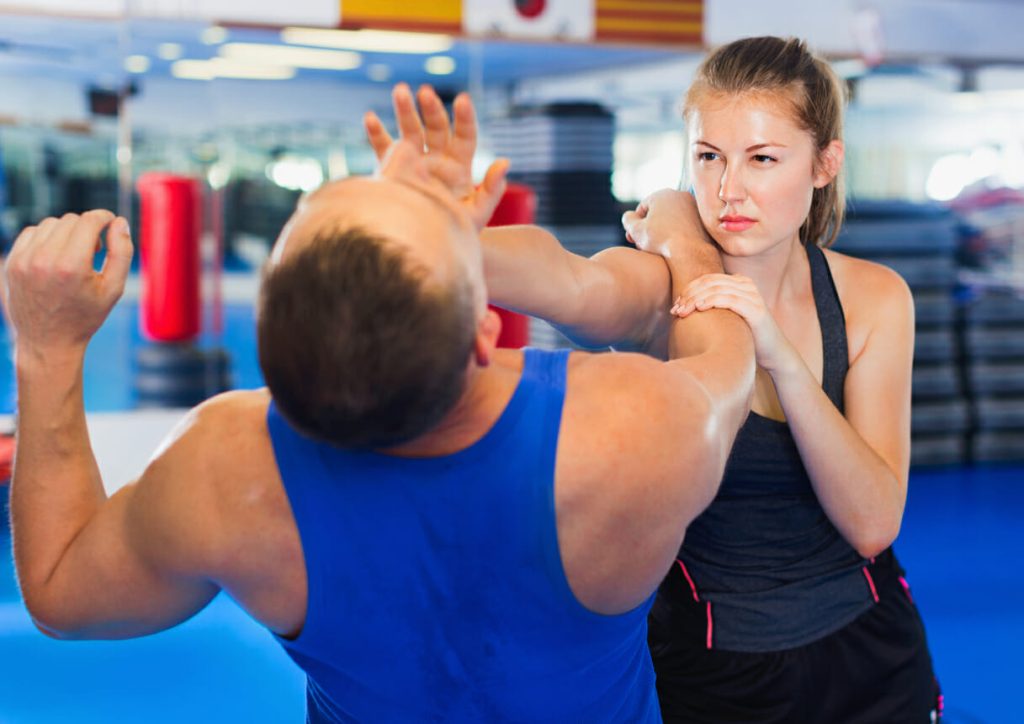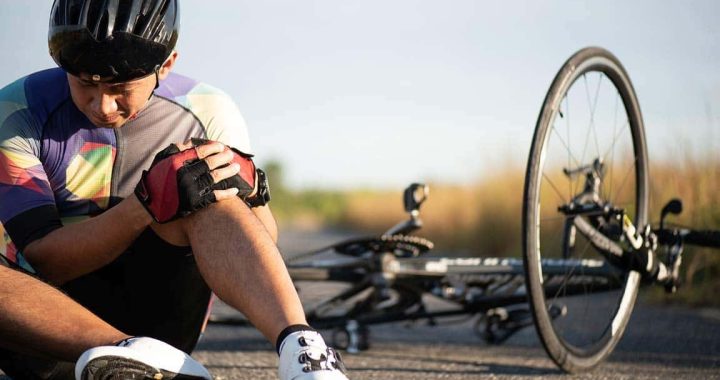
What is Self-Defence and its Importance?
The idea of self-defence in today’s changing environment encompasses more than just physical conflict; it is an all-encompassing strategy for individual protection and empowerment. A wide range of abilities, such as physical tactics, mental readiness, and emotional fortitude, are included in self-defence. Knowing its importance promotes knowledge, empowerment, self-assurance, and consciousness beyond mere protection. Self-defence classes are a priceless tool for giving people the skills they need to defend themselves, build mental and physical toughness, and develop the capacity to avoid danger. To help people protect themselves and prosper in a world that is becoming more and more complex, this introduction seeks to explain the fundamentals of self-defence.
Understanding Self-Defence
Understanding self-defence involves a comprehensive understanding of several factors outside of direct battle. It incorporates a variety of strategies, such as practical methods for ensuring one’s safety and security, emotional fortitude, and mental readiness. In addition to teaching students how to defend themselves physically, self-defence workshops include a thorough understanding of situational awareness, dispute resolution, and the legal aspects of self-defence. These courses are designed to give students a broad range of abilities, boost their self-esteem, improve their ability to make decisions, and encourage proactive personal safety practices. Taking a self-defence class helps people comprehend self-preservation on a deeper level. These classes cover not just physical skills but also mental toughness and strategic thinking that are necessary for successfully navigating potential threats.
Importance of Self-Defence
In today’s environment, where personal safety is a major concern, the value of self-defence cannot be emphasized. Self-defence classes are essential for improving one’s security and safety because they provide useful skills and information. These lessons provide people with mental toughness, self-worth, and confidence in addition to physical safety. By imparting preventive techniques and useful reactions in a range of circumstances, they raise awareness of possible dangers. A sense of readiness and confidence is another way that self-defence classes improve mental and emotional health. Attending these sessions increases a person’s sense of comfort and self-assurance in navigating their surroundings because they teach them not just practical skills but also a thorough awareness of personal safety.
Benefits of Self-Defence Classes
More than only teaching physical skills, self-defence classes provide many other important advantages. Enriching participants with a wide range of skills and enabling them to take charge of different aspects of life, these sessions function as all-encompassing training grounds.
1. Practical Skills
Self-defence classes give people the useful and efficient skills they need to defend themselves in potentially dangerous circumstances.
2. Boost Your Confidence
Attending these classes helps participants develop new abilities and boosts their self-esteem by teaching them and giving them confidence and self-assurance.
3. Physical Fitness
Attending self-defence classes regularly improves physical fitness by fostering strength, agility, and general health.
4. Situational Awareness
Through the assessment and navigation of different scenarios, participants gain increased awareness and the capacity to make wise decisions in difficult circumstances.
5. Empowerment
Beyond only teaching physical skills, these workshops empower people, giving them greater confidence and self-assurance in their everyday lives.
6. Reduction of Stress
Physical exercise during self-defence instruction can act as a stress reliever and build resilience in the mind.
Choosing the Right Self-Defence Classes
Choosing the right self-defence classes is essential if you want to acquire useful abilities and information for everyday safety. Selecting these classes should take into account several important factors:
1. Examining the Available Choices
Find out which local self-defence classes are offered by doing extensive research. Take into account elements including class schedules, accessibility, and the organization’s or instructor’s reputation.
2. Assessing Instructors and Teaching Methods
Examine the experience and credentials of the instructors who are instructing the classes. Seek out instructors who have the credentials, experience, and teaching style that best suits your needs.
3. Taking Personal Needs and Preferences Into Account
Recognize your unique needs and objectives. Make sure the class you enroll in fits your needs, whether that is practical skills, physical conditioning, or an emphasis on particular parts of self-defence.
Impact of Self-Defence Training
Self-defence classes have a significant influence on many aspects of a person’s life in addition to physical skills:
1. Real-life Success Stories and Testimonials
Self-defence training frequently produces real-life success stories, in which participants relate how they used newly acquired skills to successfully defend others or themselves in trying circumstances.
2. Demonstrated Effectiveness
The usefulness of self-defence classes in boosting participant confidence, personal safety, and a sense of empowerment is demonstrated by case studies and real-world experiences.
3. Long-term Benefits for Individuals and Communities
Long-term advantages of self-defence training come from giving people the knowledge and attitude to avoid possible dangers and make communities safer.
4. Overcoming Fears and Stereotypes
Self-defence classes promote a culture of readiness and independence by assisting people in overcoming anxieties, dispelling myths, and challenging preconceived ideas about personal protection.
Empowerment Through Self-Defence
Self-defence classes that empower people represent a life-changing experience that instills self-assurance, independence, and readiness:
1. Personal Empowerment
Self-defence classes promote a mindset of self-reliance, increase self-confidence, and impart practical skills that impart a strong sense of personal empowerment.
2. Autonomy and Preparedness
As participants develop their ability to identify possible risks, evaluate various scenarios, and effectively respond utilizing acquired strategies, they also experience an increased sense of autonomy and readiness.
3. Cultivating a Culture of Safety
Communities are encouraged to adopt proactive approaches to personal security by fostering a culture of safety and empowerment through the encouragement of self-defence class attendance.
4. Overcoming Limiting Beliefs
Through the removal of constrictive ideas and negative preconceptions about self-defence, these classes enable people to take responsibility for their security and well-being.
Conclusion
In conclusion, self-defence is a complex idea that includes mental and physical skills as well as emotional fortitude. It is essential to one’s protection and self-determination. Beyond providing instant safety, self-defence is important because it builds self-assurance, alertness, and a proactive attitude. Self-defence classes are a great resource since they provide people with useful skills, improve their physical condition, and boost their confidence. These courses are essential for empowering people, building a culture of safety, and encouraging readiness in communities. Enrolling in self-defence lessons enables people to gain essential skills and initiate a transforming path toward personal growth, resilience, and increased confidence in handling life’s problems.


























